Different Types of Marine Insurance & Marine Insurance Policies
The subject of Marine Insurance is very wide and encompassing, which is why there is a definite categorization of various types of marine insurance and different types of marine insurance policies.
As per the needs, requirements and specifications of the transporter, an appropriate type or type of marine insurance can be narrowed down and selected to be put into operation.
Why Marine Insurance?
Any insurance is designed to manage risks in the event of unfortunate incidents like accidents, damage to the property and environment or loss of life.
When it comes to Ships, the stakes are higher as all factors are involved in the operation, i.e. risk of losing valuable cargo or expansive ships, the risk of damage to the environment due to oil pollution and risk of losing precious lives of seafarers due to accidents.
Related Reading: What is marine insurance?
To ensure all the risks can be managed without the lack of monetary funds when needed the most, different Maritime insurances are made compulsory for ships and ship owners to take. Only post that, the ISM can be implemented on ships.
The types of marine insurance available for the benefit of a client are many and all of them are feasible in their own way.
Depending on the nature and scope of a client’s business, he can opt for the best marine insurance plans and enjoy the advantage of having marine insurance.
There are several marine insurance companies providing types of insurance for ship owners, cargo owners and charterers.
Different types of Marine Insurances
Hull Insurance: Hull insurance mainly caters to the torso and hull of the vessel along with all the articles and pieces of furniture on the ship. This type of marine insurance is mostly taken out by the owner of the ship to avoid any loss to the vessel in case of any mishaps occurring.
Related Reading: Hull of a ship: Understanding Design And Characteristics
Machinery Insurance: All the essential machinery are covered under this insurance and in case of any operational damages, claims can be compensated (post-survey and approval by the surveyor).
The above two insurances also come as one under Hull & Machinery (H&M) Insurance. The H&M insurance can also be extended to cover war risk covers and strike cover (strike in port may lead to delay and increase in costs)
Related Reading: What is marine underwriting?
Protection & Indemnity (P&I) Insurance: This insurance is provided by the P&I club, which is ship owners mutual insurance covering the liabilities to the third party and risks which are not covered elsewhere in standard H & M and other policies.
Protection: Risks that are connected with ownership of the vessel. E.g. Crew related claims.
Indemnity: Risks that are related to the hiring of the ship. E.g. Cargo-related claims.
Related Reading: How P & I Clubs Work
Liability Insurance: Liability insurance is that type of marine insurance where compensation is sought to be provided to any liability occurring on account of a ship crashing or colliding and on account of any other induced attacks.
Related Reading: 10 Important things to do during ship collision accident
Freight, Demurrage and Defense (FD&D) Insurance: Often referred to as “FD&D” or simply “Defense,” this insurance provides claims for handling assistance and legal costs for a wide range of disputes which are not covered under H&M or P&I insurance.
Freight Insurance: Freight insurance offers and provides protection to merchant vessels’ corporations which stand a chance of losing money in the form of freight in case the cargo is lost due to the ship meeting with an accident. This type of marine insurance solves the problem of companies losing money because of a few unprecedented events and accidents occurring.
Marine Cargo Insurance: Cargo insurance caters specifically to the marine cargo carried by ship and also pertains to the belongings of a ship’s voyages. It protects the cargo owner against damage or loss of cargo due to ship accident or due to delay in the voyage or unloading. Marine cargo insurance has third-party liability covering the damage to the port, ship or other transport forms (rail or truck) resulted from the dangerous cargo carried by them
Related Reading: What is marine cargo insurance
The time limit for claims that are right to compensation may vary depending upon the content of the policy, and action is to be brought within that period from the date when the damage occurred.
For Newly built ships, the shipowner is under contract with the shipyard to take out insurance cover for a period (usually one year) from the date of yard delivery.
In addition to these types of marine insurance, there are also various types of marine insurance policies which are offered to the clients by insurance companies so as to provide the clients with flexibility while choosing a marine insurance policy.
The availability of a wide array of marine insurance policies gives a client a wide arena to choose from, thus enabling him to get the best deal for his ship and cargo.
Types Of Marine Insurance Policies
The different types of marine insurance policies are detailed below:
- Voyage Policy: A voyage policy is that kind of marine insurance policy which is valid for a particular voyage.
- Time Policy: A marine insurance policy which is valid for a specified time period – generally valid for a year – is classified as a time policy.
- Mixed Policy: A marine insurance policy which offers a client the benefit of both time and voyage policy is recognized as a mixed policy.
- Open (or) Unvalued Policy: In this type of marine insurance policy, the value of the cargo and consignment is not put down in the policy beforehand. Therefore reimbursement is done only after the loss of the cargo and consignment is inspected and valued.
- Valued Policy: A valued marine insurance policy is the opposite of an open marine insurance policy. In this type of policy, the value of the cargo and consignment is ascertained and is mentioned in the policy document beforehand thus making clear about the value of the reimbursements in case of any loss to the cargo and consignment.
- Port Risk Policy: This kind of marine insurance policy is taken out in order to ensure the safety of the ship while it is stationed in a port.
- Wager Policy: A wager policy is one where there are no fixed terms for reimbursements mentioned. If the insurance company finds the damages worth the claim then the reimbursements are provided, else there is no compensation offered. Also, it has to be noted that a wager policy is not a written insurance policy and as such is not valid in a court of law.
- Floating Policy: A marine insurance policy where only the amount of claim is specified and all other details are omitted till the time the ship embarks on its journey, is known as a floating policy. For clients who undertake frequent trips of cargo transportation through waters, this is the most ideal and feasible marine insurance policy.
- Single Vessel Policy: This policy is suitable for small shipowner having only one ship or having one ship in different fleets. It covers the risk of one vessel of the insured.
Related Reading: Marine insurance for piracy attacks
- Fleet Policy: In this policy, several ships belonging to one owner are insured under the same policy.
- Block Policy: This policy also comes under maritime insurance to protects the cargo owner against damage or loss of cargo in all modes of transport through which his/her cargo is carried i.e. covering all the risks of rail, road, and sea transport.
Marine Insurance is an area which involves a lot of thought, straightforward and complex dealings in order to achieve the common ground of payment and receiving.
But as much as complex the field is, it is nonetheless interesting and intriguing because it caters to a lot of people and offers a wide range of services and policies to facilitate easy and uncomplicated business transactions.
Therefore, in the interest of the clients and the insurance providers, it is beneficial and relevant to have the right kind of marine insurance. It resolves problems not just in the short run, but also in the long run as well.
You might also like to read:
- What is Marine Insurance?
- Who is a Marine Surveyor; Responsibilities, Qualifications, and Skills
- Laws Of Salvage -10 Things You Must Know
- A Guide to Maritime Labour Convention (MLC), 2006 for Maritime Professionals
- Ship Arrest Under Maritime Law: Reasons, Procedure, and Precautions
Disclaimer: The authors’ views expressed in this article do not necessarily reflect the views of Marine Insight. Data and charts, if used, in the article have been sourced from available information and have not been authenticated by any statutory authority. The author and Marine Insight do not claim it to be accurate nor accept any responsibility for the same. The views constitute only the opinions and do not constitute any guidelines or recommendation on any course of action to be followed by the reader.
The article or images cannot be reproduced, copied, shared or used in any form without the permission of the author and Marine Insight.
Do you have info to share with us ? Suggest a correction
Latest Maritime law Articles You Would Like:
Latest News
- What are Logistics Risks?
- How Port and Terminal Operators Can Control Emissions?
- Minimum Quantity Commitment (MQC) and Liquidated Damages in Container Shipping: Concept and Relevance
- MARPOL (The International Convention for Prevention of Marine Pollution For Ships): The Ultimate Guide
- The Ultimate Shipping Container Dimensions Guide
- A Comprehensive Overview of IMDG Code for Shipping Dangerous Goods
Subscribe To Our Newsletters
By subscribing, you agree to our Privacy Policy and may receive occasional deal communications; you can unsubscribe anytime.
Web Stories



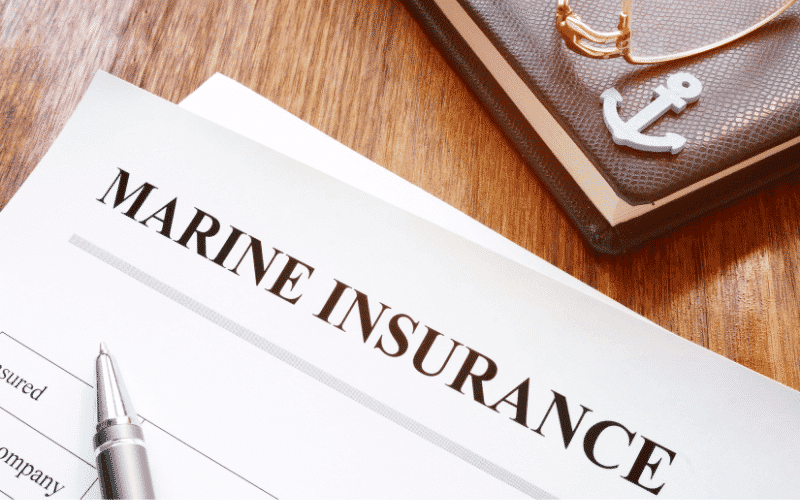
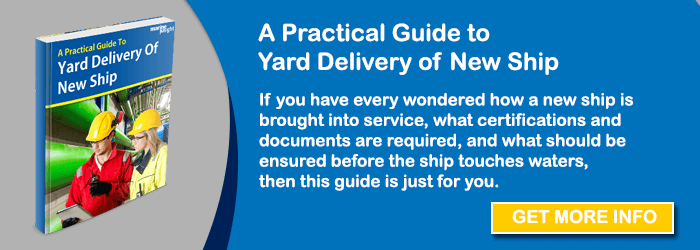
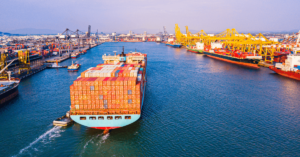
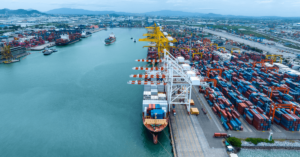
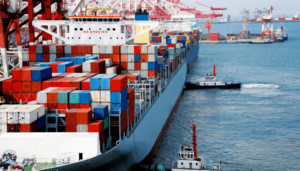
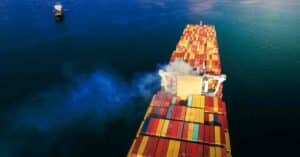
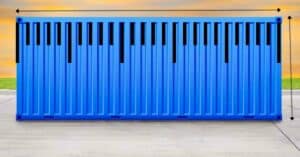
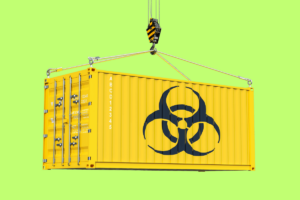

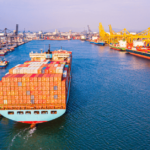
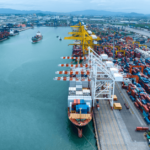
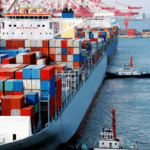


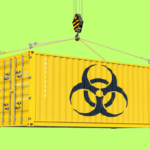

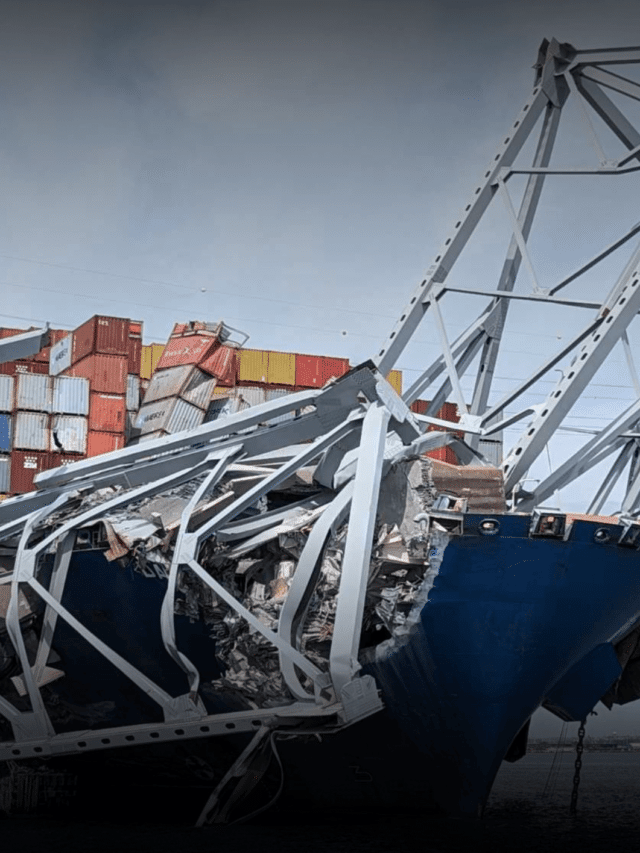
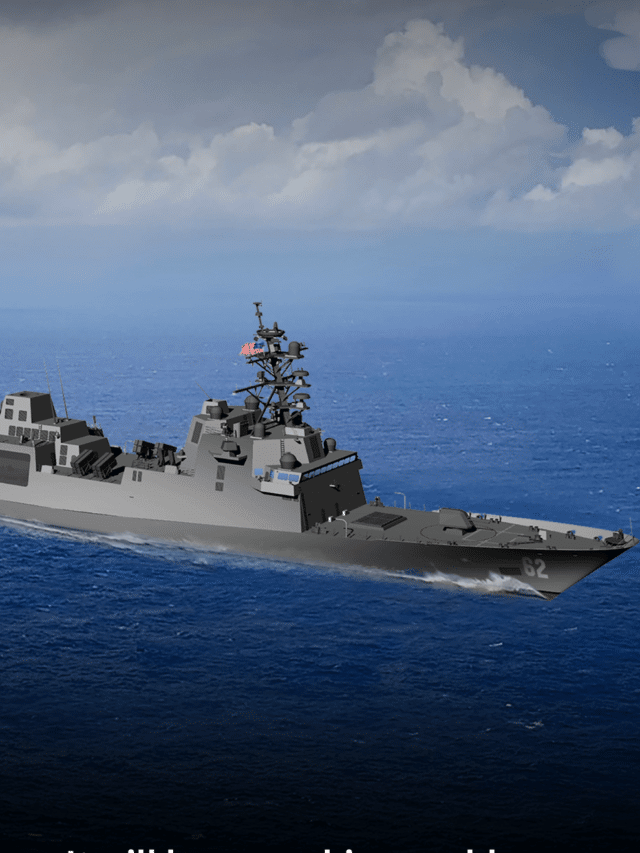
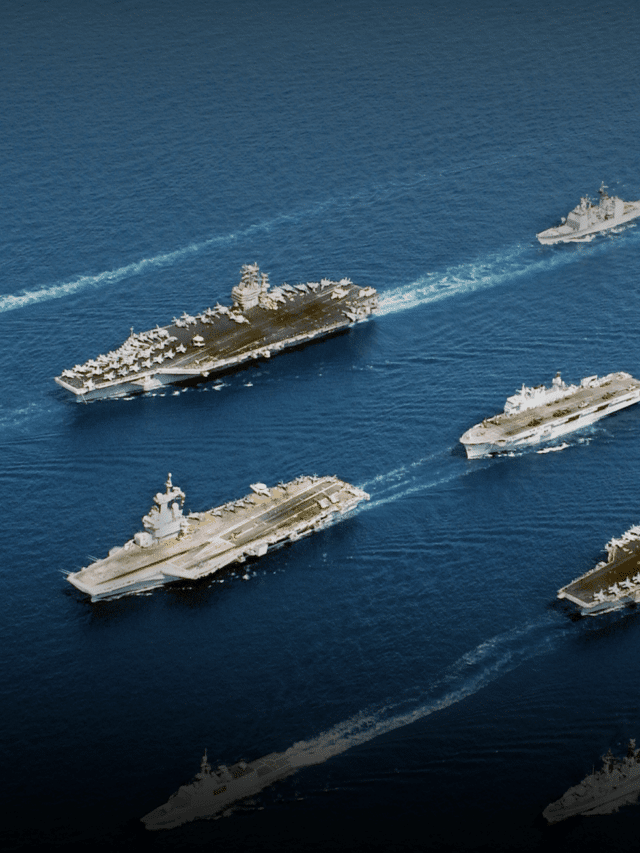
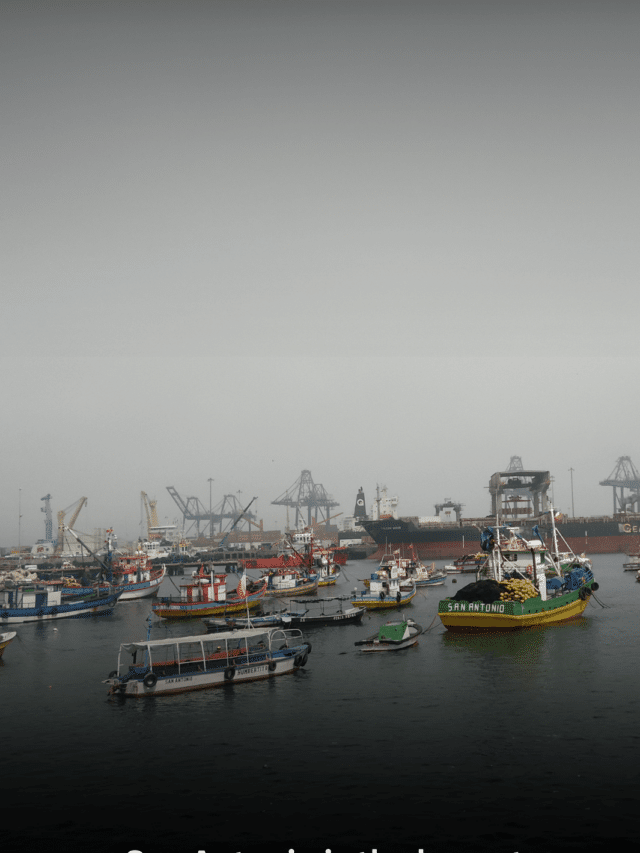
superb
Good but not excellent
Short and sweet
Thanks for another fantastic article. Where else
may anybody get that kind of information in such an ideal means of writing?
I’ve a presentation subsequent week, and I am on the
search for such info.
Excellent blog post ! I was enlightened by the info , Does anyone know where my assistant might be able to get a fillable a form copy to work with ?
Well written . Had all the information I was looking for in a concise manner.
Excellent write up, Succint.
I love this post. gets straight to the point.
Well explained
Excellent write up….thank you marine insight.
The information is really understandable precise and more easy to get thanks for good work
brief and precise thanks
@KATO: Glad our content is able to help fellow sea professionals.
That’s good to know that a time policy is generally valid for about a year. If you keep a boat docked somewhere or like to go out then you’d probably want to find some way to keep you covered. You’d just need to find a marina insurance agency that would give you the policy you need.
Great article!! I just want clarification on a fishing vessel insured under the Institute Fishing Vessel Clause, for a Particular Average claim are the towage and salvage charges also paid along with vessel repair?
Very important article for beginners.Thank you so much .If you add something about the open policy and it’s documentary process it is much great full.
Aruna Shantha
@Aruna: Thank you for your valuable suggestion. I will pass it on to my editorial team. ?
Useful information! Freight Insurance solves the problem of companies losing money because of a few unprecedented events and accidents occurring.
How about compensation for unfit seafarers
its appropriate thank you!!!!
@Nega: Thank you ??
great
very good. Thanks
Thank you for sharing this interesting blog, I would like to get more information on freight insurance , cargoes insurance. Plz share this also.
Hi Anne
Noted. We will take your topic suggestions for future articles.